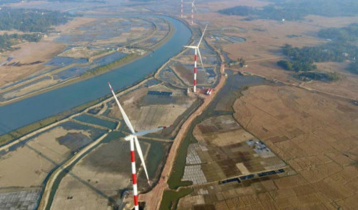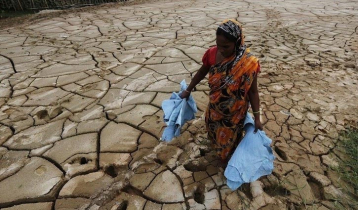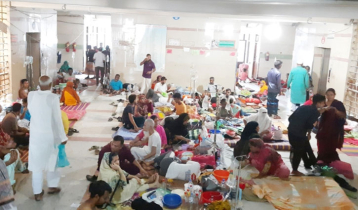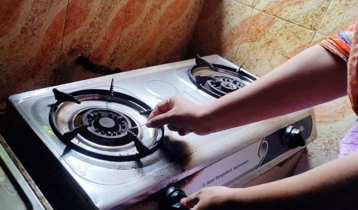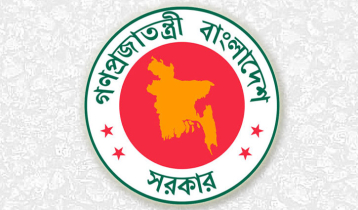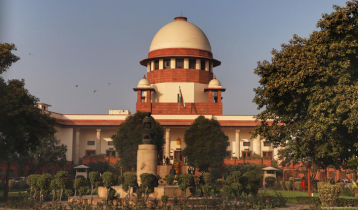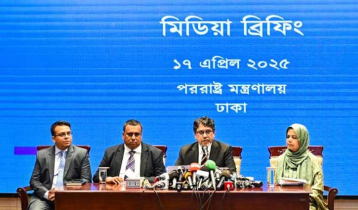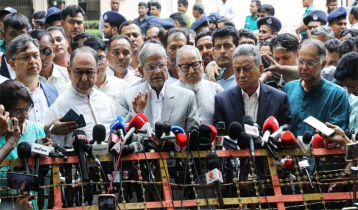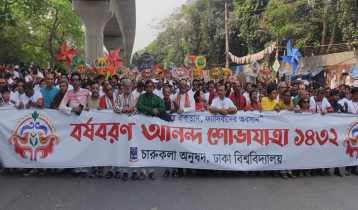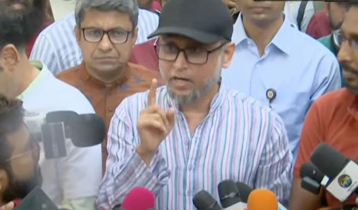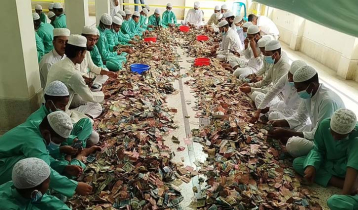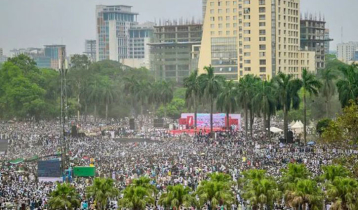Where bank interest rates will go?
Khan A Mamun || risingbd.com

Now the bank interest rates in Bangladesh are higher in South Asia. From the last few months a number of banks are in crisis. They are paying higher interests than declared. They are also trying to deposit the money by several financial products. The demand for liquid money in the banking sector is on the rise as the government lending continues. Besides, the interest rate ceiling has also been lifted. In such a situation, the interest rates for deposits are also increasing. Banks are taking relatively high-interest deposits. Some banks are providing up to 16% interest on deposits. As a result, people have started returning to banks with their cash. But the lending interest rates are also highly increasing in Bangladesh for last few months, it’s unbearable for any types of borrowers.
In the mid-2020, the Finance Ministry took a policy decision to put a cap on lending and deposit rates. Accordingly, the lending rates offered by scheduled banks should not exceed 9.0 per cent and the deposit rate should not exceed 6.0 per cent. For this reason lending interest rates were single digits. In the first quarter of 2023, the government introduced a benchmark lending rate system. The Central Bank lifted the current 9% rate cap. Then Central Bank declared a mechanism to calculate the benchmark lending rate as prescribed by the International Monetary Fund (IMF) as part of its $4.7 billion loan. After the government lifted the interest rate cap, interest rates rose sharply. Now Bangladesh has the highest interest rates to borrow money from banks and financial institutions in South Asia. It is alarming for our developing economy like Bangladesh.
In general, interest rates can affect the economy in a number of ways. Three of the most evident are that they increase the cost of borrowing. First one is for individuals, borrowers reduce spending. Second one increases the cost of borrowing for businesses. Last one reduces investment. Excessive interest rates have a direct impact on economic growth through their effect on borrowing and investment. When interest rates are low, borrowing becomes cheaper. Businesses and consumers are more likely to take loans and invest in new projects. Lower rates also can encourage businesses to borrow funds to invest in expansion, such as purchasing new equipment, updating plants or hiring more workers. Conversely, higher interest rates can restrain from building in the economy.
About 300 factories have closed in the past year. One of the reasons for the closure of most factories in the country is excessive interest rates. Because of this, some factories have become defaulters. Small traders are also unable to take loans. Due to high interest rates, the cost of doing business has increased manifold. The construction sector has stagnated. Which will have a negative impact on GDP growth. Bangladesh recorded its lowest economic growth in the past five quarters in the last quarter of fiscal 2023-24. Between April and June this year, the GDP grew by 3.91 percent, according to the latest published quarterly data by the Bangladesh Bureau of Statistics (BBS) recently. A year earlier, the country achieved in 6.88 percent GDP growth. In the previous quarter, the GDP grew by 5.42 percent. This is the alarming news for Bangladesh. GDP growth drastically reduced day by day.
The SME sector has been hit hard by the rise in interest rates. Most entrepreneurs are defaulting on old loans. Can't even do business with new loans. But this SME sector is the life of the economy. The ongoing liquidity crisis in the country’s banking sector has made the situation more difficult for them. The crisis, which has been going on for almost two years now, has become more and more intense. Some banks, which are far from giving new loans, cannot return the deposits deposited by customers as per demand. The country’s SME sector is in a financial crisis in this situation. Many institutions in this sector have closed down due to the lack of bank loans. The functioning institutions also struggle to meet the daily operating expenses.
On the other hands, high interest rates propelling bank deposits. Some banks providing up to 16 % interest on deposits. Some banks in crisis are paying higher interests than declared. The demand for liquid money in the banking sector is on the rise as lending to the government continues. Besides, the interest rate ceiling has also been lifted. In such a situation, the interest rate for deposits is also increasing. Banks that are in a liquidity crisis are taking relatively high-interest deposits. Some banks are providing up to high interest on deposits. As a result, people have started returning to banks with their cash. According to data from Bangladesh Bank, the total deposits of the banking sector at the end of last October was Tk16 lakh 36 thousand crore which is about 10% higher than last year.
In general, an increase in the demand for money or credit will raise interest rates, while a decrease in the demand for credit will decrease them, this a common practice in the globally. So we need to increase money supply in market. Now 50% of the commercial banks are being run with liquidity crisis. So increase money supply in market is too difficult.
People have started returning to banks with their cash. It’s a good news. On the other hand, due to high interest rates, the cost of doing business has increased manifold. Now Bangladesh has the highest interest rates in South Asia. According to trading economics report, interest rates are 1.7% in Japan, 5.6% in Malaysia, 7% in Thailand, 9.91% in India. Economically distressed country in Sri Lanka’ interest rates have in single digits. If this continues, it is difficult to say where the bank interest rates will go. That is why the interest rates should be controlled immediately by new mechanism or tactics. Because excessive interest rates are unbearable for any types borrowers even businessman.
The writer is a Journalist.
Dhaka/Mukul



